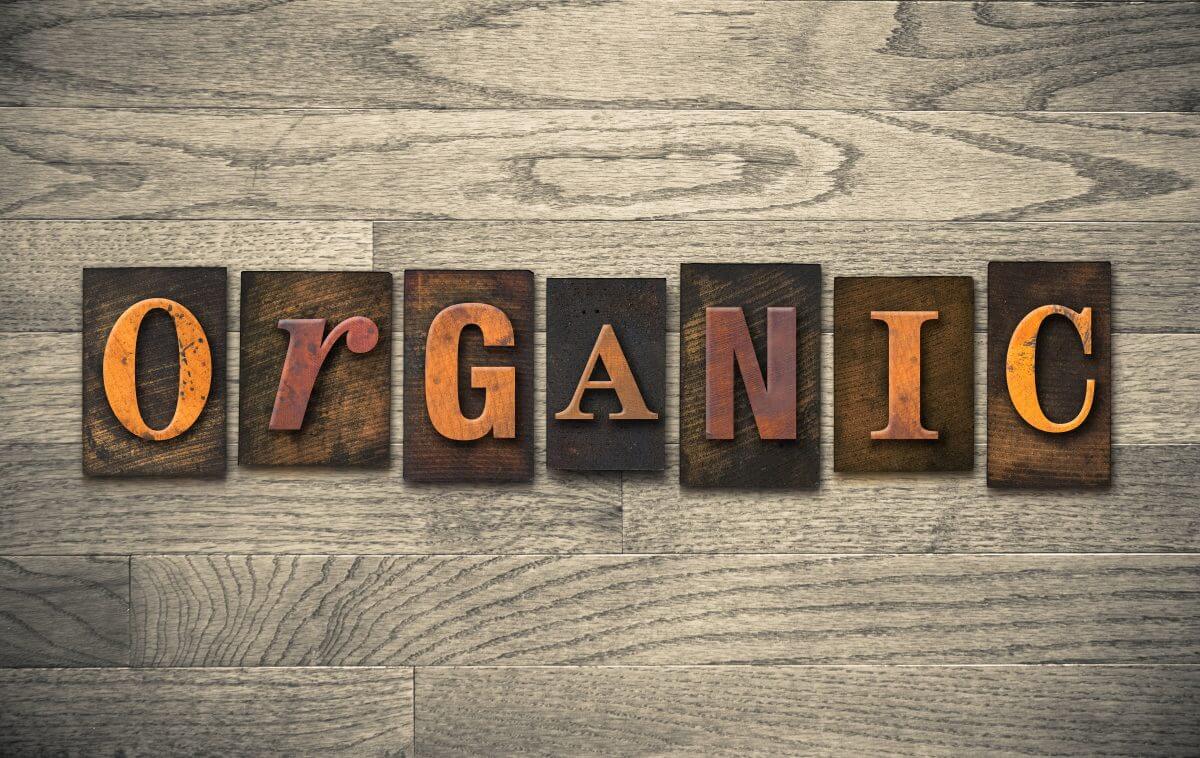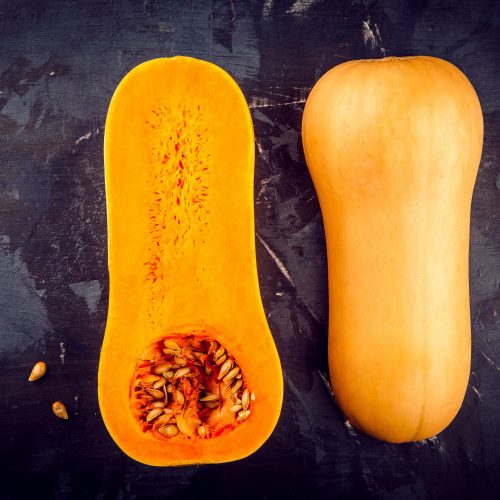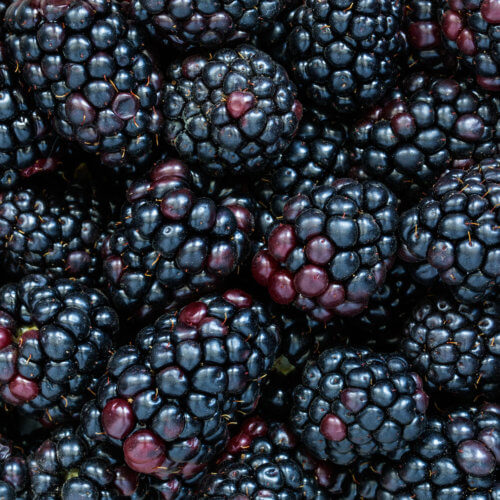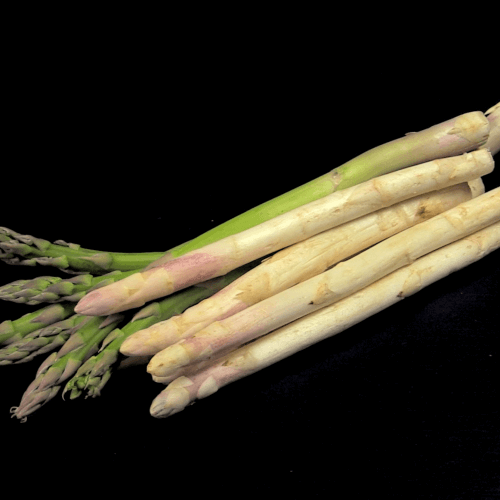Organic farming has been around for nearly 75 years. It has grown rapidly in recent decades, its products are now available everywhere and yet it remains quite poorly understood. I am regularly asked to explain what ‘organic’ actually means, when it matters and whether it’s worth the fuss and money.
I try to cover this objectively rather than exhaustively – there is always more research being conducted which will add to our understanding.
I also tread carefully because the issue is divisive and laden with cognitive bias. Many people want to believe the benefits of organic farming are absolute, while others are determined to see no value in it whatsoever. Clouded judgement on both sides makes it harder for the rest of us to find the truth, while the media’s tendency to encourage the squabbling doesn’t help.
So what does organic actually mean?
Straightforward on the face of it. Organic producers abide by a set of legally-defined standards and practices designed to protect the environment, which might include crop rotation, natural fertilisers and less harmful pesticides. The ecological benefits are essentially uncontested.
Things get trickier once you realise how many hoops producers have to jump through to obtain certification with one of the nine different Organic Control Bodies in the UK. This makes sense, but means that products which are respectively 0% and 99% organic look much the same on the supermarket shelf. Smaller producers in particular tend to complain about this effect, but ultimately the line must be drawn somewhere. If in doubt, just look it up.
When does it matter?
A student recently asked me if organic vegetables were inherently more nutritious. I started to say “no, it’s not that simple” but at the first syllable he shouted “I knew it!”, delighted to have his suspicions confirmed. His triumphant expression slowly faded as I went on.
In fact he was asking the wrong question. Organic farming is not about creating ‘super crops’ (that’s GM territory) but a more sustainable grow cycle. It is often said that organic fruit and vegetables are less attractive but more flavoursome as a rule, but this is hardly true across the board.
If the ecological factors are not persuasive, it may help to consider the many chemicals used in industrialised farming which are often still present in the food when we eat it. Non-organic farmers are free to use additives, hormones or chemicals without having to declare them. Organic farmers have to prove that their products are free of such things, and this is particularly serious when it comes to meat. Industrially-reared livestock can be penned almost on top of one another in spaces which are confined and extremely unhygienic. The solution? Pump them up with antibiotics, growth hormones and an excess of food so they are ready for market sooner.
To say nothing of the cruelty involved, or the danger of pouring antibiotics into the water supply, this system is prone to serious bacterial contamination. The next big scandal is never far away. This cheap method of farming also produces meat which is unquestionably inferior to the real deal. The meat from muscles which have grown through natural exercise and development offer better flavour and superior nutritional value. For example, studies have shown that organic meat and dairy contain around 50% more Omega 3 fatty acids.
Is it worth the fuss and money?
There is no simple answer here. Organic producers cannot take the shortcuts that other farmers can, so their production costs are simply higher. The consumer’s own priorities will partly determine whether it is worth paying the extra.
It also depends on the product. Bargains and rip-offs exist on both sides, and there’s plenty of great stuff available which is not organic, either because it makes little difference to the product or because it only meets 99% of the criteria.
However, those who judge organic produce on flavour or nutritional content should be corrected or ignored. It’s like judging a tailor against a sweatshop based on the brightness of their clothes. It completely misses the point.
Organic farming is undoubtedly a positive exercise, but should not be blindly taken as gospel. In an ideal world we could see exactly where each food product comes from and how it has been farmed. The organic label may be an imperfect solution, but it’s safe to say that the more we know about where our food comes from, the better.




